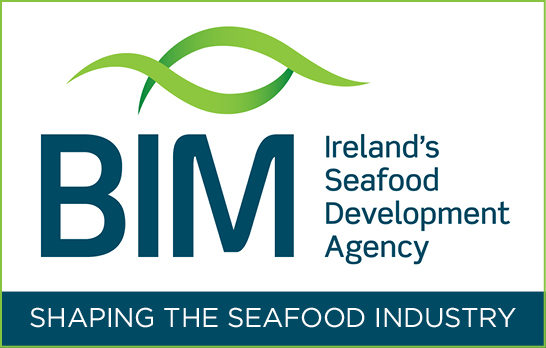“It forces us into a race to the bottom”
By Lia ní Aodha
Judging by the responses from Irish vessel owners to a survey conducted by The Skipper in May about the COVID-19 tie-up scheme for the Irish fleet that, after much heel-dragging from the Department, was announced at the beginning of that month, the outlook for Ireland’s fisherman and women is bleak, and has been made worse rather than helped by the scheme, as currently devised.
Carried out on The Skipper Facebook page, we had 103 responses to six questions about the tie-up scheme. In terms of geographical location, we garnered responses from vessel owners right around the Irish coast and from owners with vessels ranging in size from under 6 metres up to 26.4 metres. 62.4% of those who answered were still at sea, while 37.6% indicated they were already tied up.
Asked whether the scheme would cover their vessel’s fixed costs, as aimed, if they were to tie-up or had already tied up, out of 103 responses a massive 98.1% (101 fishermen/women) answered no. A tiny 1.9% answered yes. To those who had not already tied up, we asked whether they planned to tie up on the back of the supports offered by the scheme. 92.1% said no. 6 respondents (7.9%) indicated they would.

To those who indicated they would not we asked how far short the scheme would leave them considering just the fixed costs needed to keep the boat afloat while tied up. On a scale of 1 (very far off) to 5 (not very far off), 103 respondents answered on average 1.8, indicating the scheme doesn’t come close to covering most vessel owner’s fixed costs. 59.2% of respondents indicated the scheme was ‘very far off’ in this regard.
Asked whether they believe the scheme, as it stands, will succeed in reducing the number of boats fishing sufficiently to “adjust the supply of fish coming onto a currently depressed market” as hoped by then Marine Minister Michael Creed, an again very sizeable 93.2% answered no, with just 6.8% holding a belief that it would.
Overall, the responses from Irish fishermen and women indicate the Minster’s scheme—termed an insult, a joke, useless—has done little more than leave Irish vessel owners between a rock and a hard place, both socially and ecologically.
One respondent explained, “We’re losing money at sea and a lot more tied up. Plus, the market will now be overstocked for a long time into the future, which will add more burden down the road.”
“It would be great for the markets and the fishing grounds,” said another, “if some boats could afford to tie up. But who can at that kind of money?”
Giving an insight into just how far off meeting most boats’ fixed costs the scheme is, another highlighted that the majority of owners have monthly repayments and subscriptions that can’t be cancelled… internet, VSAT, loan repayments etc.
“Our own monthly expenses amount to €15,300. This is not including the wages we owe our crew for the last three trips (the factory has been unable to sell our prawns, so we are unable to pay our crew in full) and outstanding supplier debts.
“We are receiving letters threatening legal action if we don’t pay our outstanding invoices, but we don’t have the money to pay them, hence we have no choice but to chance going fishing and hope we get paid something,” said the fisherman, indicating the level of pressure Irish vessel owners now find themselves.
Several respondents highlighted issues surrounding the duration of the scheme, and more called for a partial tie-up scheme or a top-up scheme similar to that which has been implemented in the UK, whereby vessels are allowed to continue to fish. Others emphasised problems with basing a vessel’s costs on a vessel’s length.
More drew attention to the fact that far from a reality starting on June 1st, as per the Minister’s scheme, some of them already tied to the pier wall have been tied up on account of the virus since March, and before were tied up for the best part of the start of the year on account of storms.
“I was all for the tie-up but after it was announced I had to start shooting pots and start earning again,” explained one fisherman. “It forces us into a race to the bottom,” said another of the scheme. “I would personally prefer that the lobster and crab be left in the ocean to breed for the future,” explained yet another. “To hell with supply, selling our product for nothing.”
Highlighting the magnitude of the crisis now facing Ireland’s fishermen and women one respondent said, “Our fishery has never been under such threat, it’s a total disaster, I honestly don’t know if we will have a crew or a fishery to go back to. If we ever needed some more financial aid it is now.”
“The scheme shows the Minister’s and Department’s lack of respect or concern for fishermen or their families,” said another respondent. Given Ireland’s fishing history, perhaps most damning of all one fisherman said, “I never thought I’m my 36 years of fishing that a government could be so ignorant and insulting.”
The entire debacle, said another, “shows our industry is facing a bleak future is any.”
Image: Mending nets on Dinish Island (Credit Niall Duffy)




Recent Comments